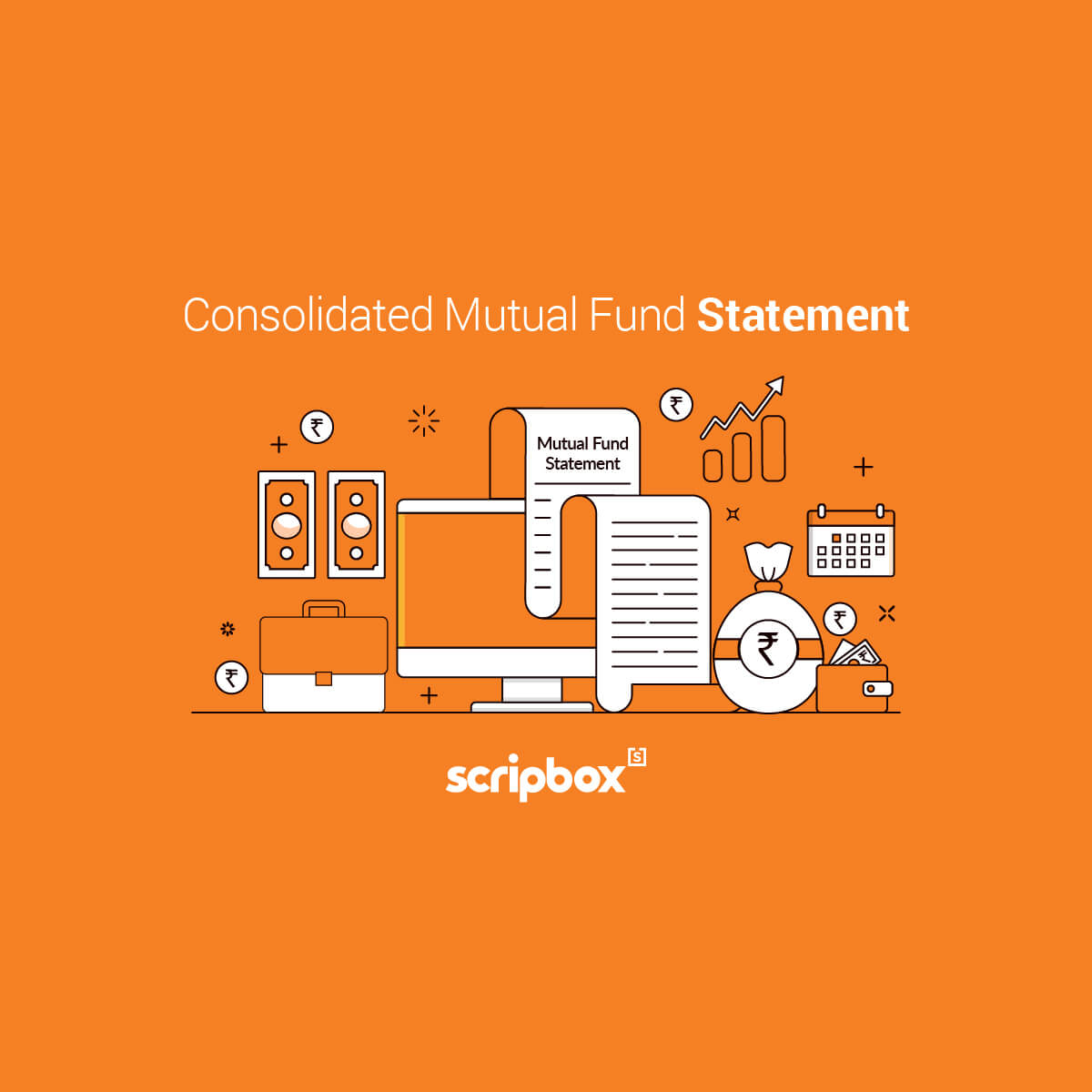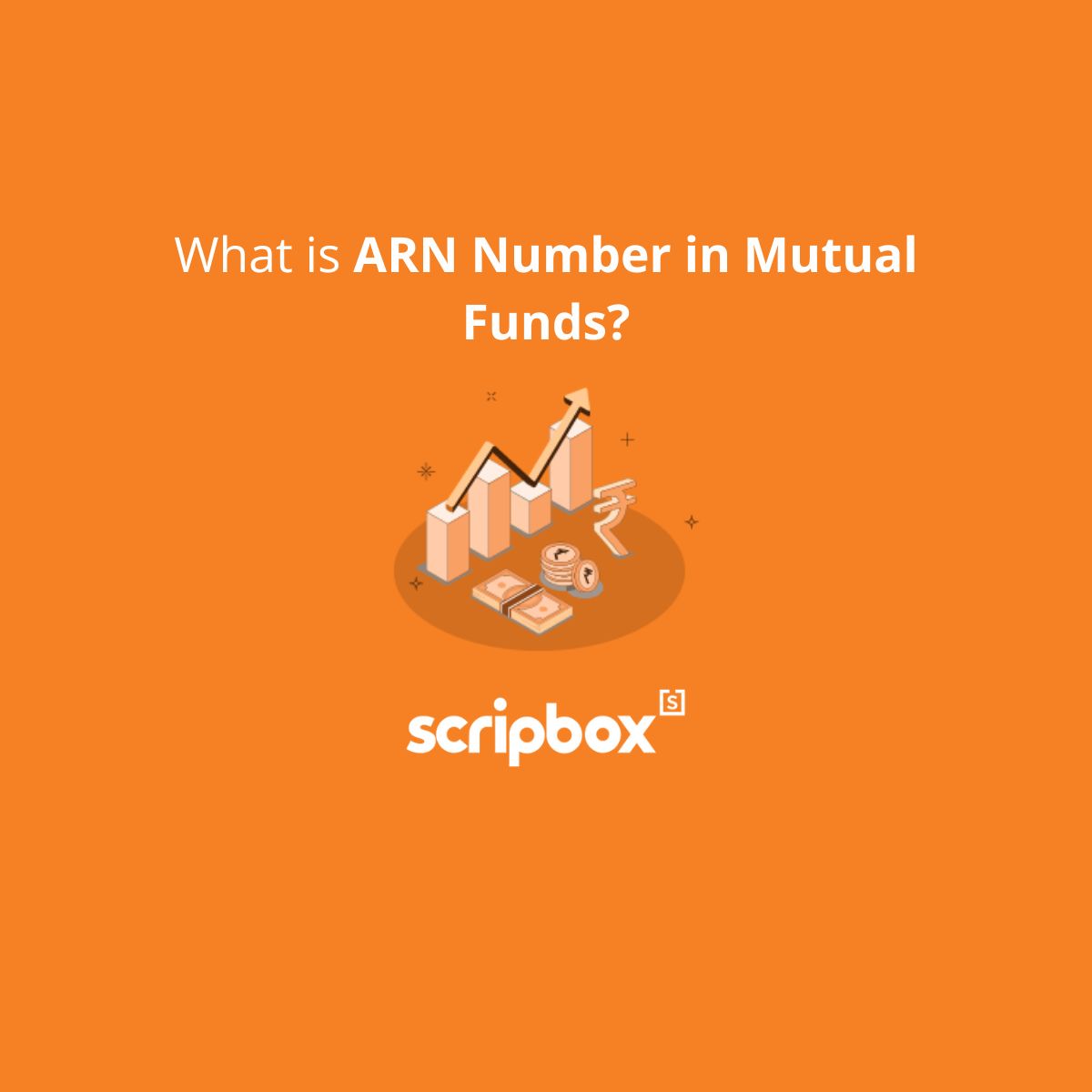While both are equity mutual funds what is the difference between ELSS and Equity Mutual Fund. So, what is exactly the difference between these 2 investments. To start with we know that both are equity oriented mutual funds. Equity mutual funds have the potential to provide higher returns than other investment schemes like small saving schemes.
No doubt such an investment also attracts market risk due its exposure to equities. Furthermore, in order to encourage the investors the Government of India introduced tax deduction against an investment in equity funds. Such equity funds that offer tax benefits are known as equity linked savings schemes.
The major difference between ELSS and any other equity mutual fund is the tax benefit and the lock-in period. ELSS attracts many investors as it provides tax benefits under section 80C. No doubt tax planning and saving is a better way of managing your finances. But tax saving should not be the only reason for investing in an equity oriented mutual fund like ELSS. The investment option must satisfy your investment objectives and other preferences.
Before investing you must know the concept of equity funds, ELSS, and the difference between both the options.
What is an Equity Mutual Fund?
An equity mutual fund is an equity-oriented fund. It invests a significant percentage of its corpus in stocks of companies listed on the stock exchange in India and overseas. These funds invest across different sectors and market capitalization. The investment objective of an equity fund is to provide capital appreciation and growth in the long term. The returns are market-linked and subject to risk. You may witness volatility in the short term due to its exposure to equities. To make the most of the investment in equities you must invest for a long term of minimum 5 years to 7 years.
The asset management companies charge an expense ratio for these investments. The expense ratio for an actively managed fund is higher than a passively managed fund. An exit load is applicable on the redemption of the funds. The AMCs charge an exit load to encourage a long term investment and protect the financial interest of the investor.
What is an ELSS?
An ELSS or equity-linked mutual fund is an equity mutual fund. It invests a significant amount of its corpus in the stocks of listed companies. Just like other equity mutual funds it is subject to market risk. ELSS has the potential to deliver long term capital appreciation. Furthermore, an investment in an ELSS is eligible for a tax deduction of up to Rs 1.5 lakh under section 80C of the Income Tax Act, 1961. For the purpose of taxation, ELSS has a lock-in period of 3 years from the date of purchase of the units of the scheme.
The lock-in period of 3 years is for the purpose of taxation. You can stay invested even after an expiry of 3 years. This is a major misconception among the investors that after 3 years they will receive the proceeds automatically. The assumption is that after 3 years the amount will be automatically credited to their savings bank account. In fact, the units stay invested even after 3 years. If you wish to withdraw then you will have to place a withdrawal request just like other equity funds.
Explore Best Investment Options 2025
Difference between ELSS and Equity Mutual Fund
The following are the differences between ELSS and equity mutual fund- ELSS vs Equity mutual fund:
| Basis of Difference | ELSS Mutual Fund | Equity Mutual Fund |
| Lock-in Period | 3 years from the date of purchase of units of the scheme | No lock-in period |
| Tax Deduction | Tax deduction of up to Rs 1.5 lakh under section 80C | No tax deduction |
| Liquidity | Not liquid. Cannot sell during the lock-in period | Highly liquid |
Use Scripbox Research tools: Compare Mutual Funds
Similarities between ELSS and equity mutual fund
Now that we are well aware of the difference between ELSS and equity mutual fund let us also understand the similarities between these 2 investments:
- Concept– The basic concept of equity mutual funds remains the same. Your amount invested is pooled together and invested in stocks of listed companies. The fund managers actively or passively manage the funds and its asset allocation. The AMCs charge an exit load on redemption. The expense ratio is charged on an annual basis against the annual management of the fund.
- Tax Implications– Both are taxable under capital gains. A long term capital gain will arise if you hold the units for more than 12 months. A long term capital gain is tax exempt up to Rs 1 lakh. Any long term capital gain exceeding Rs 1 lakh is taxable at a rate of 10% plus cess without the benefit of indexation. If you redeem any unit of the scheme before 12 months then such redemption is taxable as short term capital gain. A short term capital gain is taxable at a rate of 12% plus cess.
- Expense ratio and Exit load– An expense ratio is charged under both the investment options by the asset management companies. An expense ratio is charged against the annual management of the scheme by the AMC. Similarly, the asset management companies charge an exit load on the redemption of the units of mutual funds under both the schemes.
To Summarize
To conclude the difference between an ELSS and other equity mutual fund schemes is the tax saving and the lock-in period. If you want to invest in equity funds and save tax then ELSS is a better option. Before investing you must take into consideration the investment objective, risk-o-meter, relative size, track record, past performance, asset allocation, growth potential of the fund.
Frequently Asked Questions
Yes, ELSS mutual fund is like any equity mutual fund. An ELSS fund invests most of its assets in equity and equity-related instruments. However, the major difference is that ELSS funds have a lock-in period and investments qualify for tax exemption under section 80C of the Income Tax Act 1961.
No. ELSS fund does not offer any tax benefit on dividends or capital gains. The dividend income and capital gains are taxed just like any other equity mutual fund. The dividend income is added to the total taxable income every year and is taxable at the applicable income tax slab rate. On the other hand, since ELSS has a three-year lock-in period, the capital gains are considered to be long-term capital gains. Thus, gains over and above INR 1,00,000 are taxable at 10%.
Yes, capital gains from ELSS are taxable at the end of the lock-in period. The long-term capital gains are taxable like any other equity mutual fund.
Related Pages

















Show comments